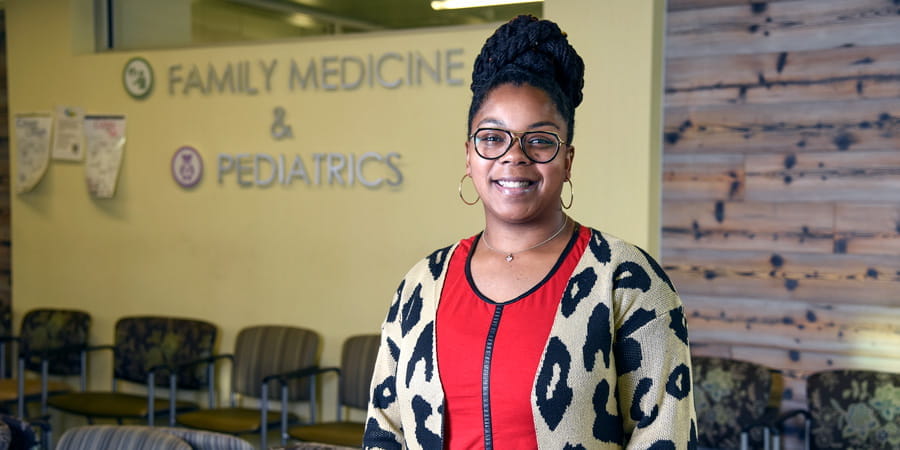
CARE Plus


The CARE Plus research project is part of the We Care Indy program and uses a unique, community-focused approach to helping new mothers and babies addicted to opioids. In 2014, more than 600 infants were born with neonatal abstinence syndrome in Indiana. Neonatal abstinence syndrome develops when a mother struggles with opioid dependence during pregnancy. The fetus is exposed to those opioids and goes through withdrawal after birth.
The goals of CARE Plus are to decrease infant mortality, improve the long-term health of mothers and babies and address the opioid crisis.
CARE Plus is offered at IU Health Methodist Hospital. When a baby is born at Methodist with neonatal abstinence syndrome, a therapist and community health worker meet the mother to inform her about the program. If the mother chooses to participate, the therapist and a community health worker continue meeting with the mother and baby while the baby is in the neonatal intensive care unit and teach the mother how to care for herself and her baby.
Once mother and baby leave the hospital, the community health worker continues to build relationships with the participating mother and other caregivers in the baby’s life. The community health worker acts as a support and connects the mother to resources she may need, such as food, clothing, housing, therapy and addiction recovery programs.
The CARE Plus program hopes to reduce infant mortality in Indiana and help people recover from opioid addiction.
The CARE Plus program teaches and encourages mothers to bond and attach to their child through holding the baby and having skin-to-skin contact.
The CARE Plus program utilizes trained community health workers to build relationships and trust with the baby’s mother and other caregivers.
While many elements of the CARE Plus program are being deployed throughout the United States, this program focused on Indiana Health brings together many components and packages them as part of a single, comprehensive program. Specifically, CARE Plus couples attachment therapy—to help mothers bond with their infants—with the use of community health workers. This is a novel combination in Indiana and nationally.
In addition, CARE Plus is applying human-centered design to help serve mother-infant pairs who suffer from opioid dependence—a difficult-to-reach population. Human-centered design incorporates feedback from the population being served to inform improvements and adjustments, increasing both the reach and effectiveness of the program.
Finally, because CARE Plus is being developed as a pilot project by IU School of Medicine, a rigorous evaluation and review of outcomes will be integrated into the program. This research will be used to help develop a model that can be shared with health systems and other partners across the state.